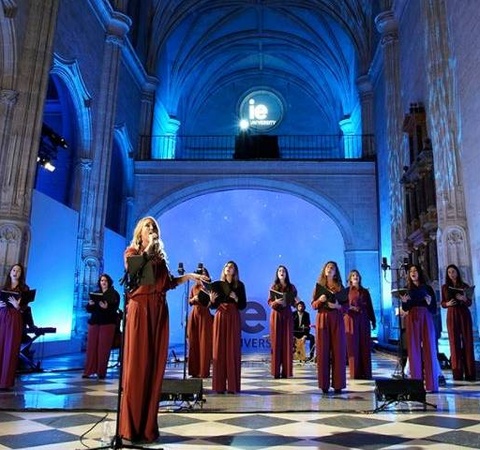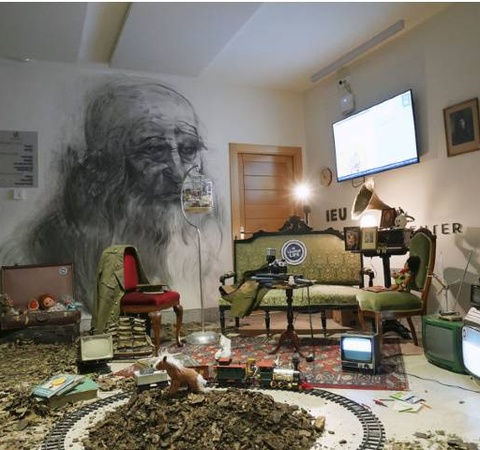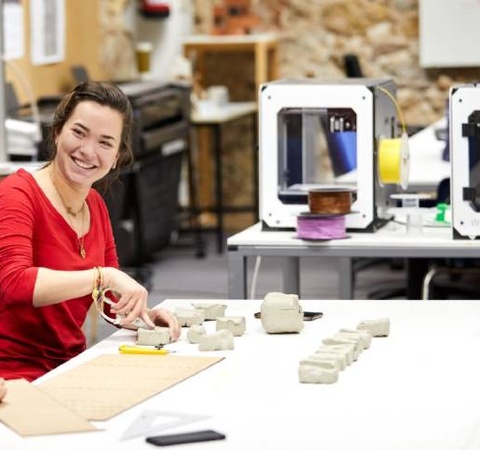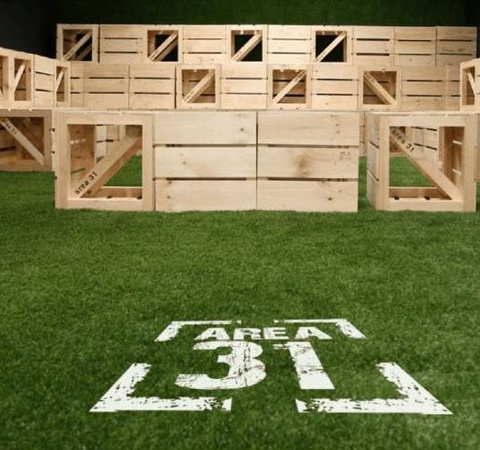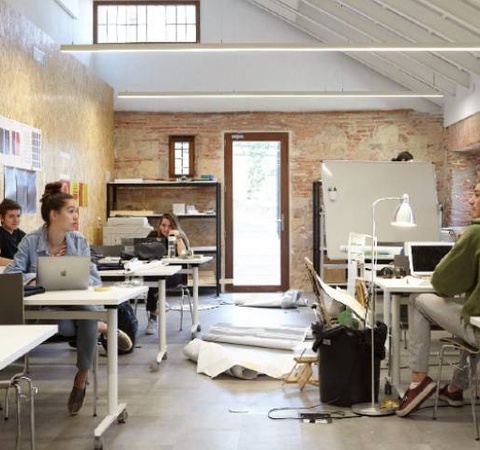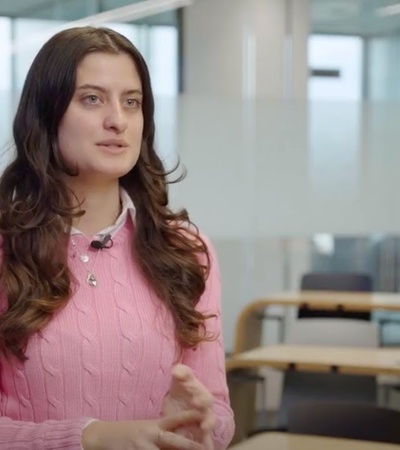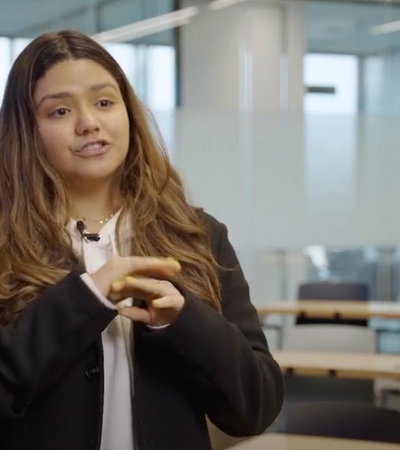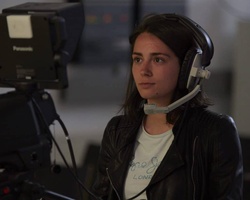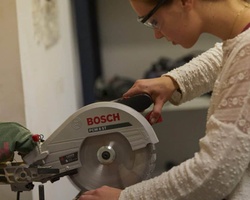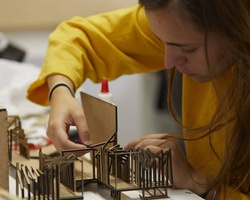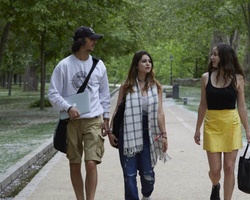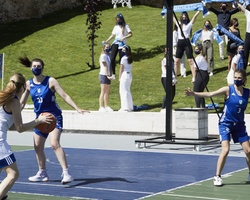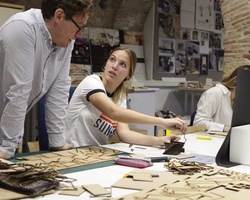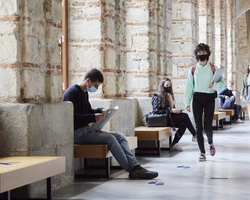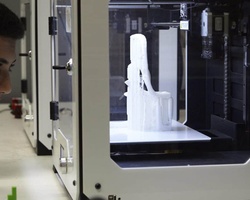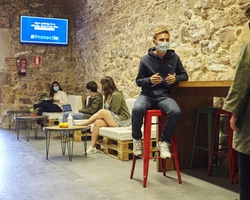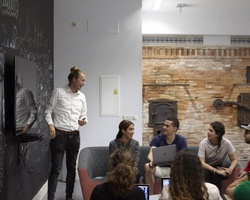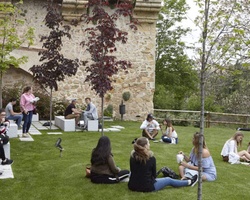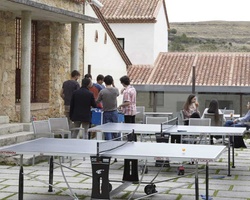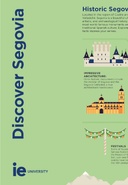Segovia Campus Santa Cruz la Real
- Home
- Ie In A Nutshell
- Study In Segovia
- Segovia Campus Santa Cruz La Real
The IE University Segovia Campus: history in the making
The IE University Segovia Campus: history in the making
Welcome to the Convent of Santa Cruz la Real, a place where you’ll study, relax and make friends during your time at IE University. First built in 1218, the site has been home to a monastery, a prison, an orphanage, a hospice, and most recently, the IE University Segovia Campus.
Our campus is located in the ancient city of Segovia, a UNESCO World Heritage site that’s famous for its Roman aqueduct, winding streets and fairytale castle. What’s more, it’s just a 25-minute high-speed train ride from the bustling city of Madrid, where you’ll find the IE Tower and much more.
By studying at IE University in Segovia, you will enjoy a truly authentic campus experience alongside like-minded students from over 100 different countries. And when you graduate, you’ll be adding your story to hundreds of years of history.

TAKE OUR VIRTUAL CAMPUS TOUR!

DISCOVER SEGOVIA'S KEY PLACES, STUDENT RESIDENCES AND NEIGHBORHOODS
DISCOVER SEGOVIA'S KEY PLACES, STUDENT RESIDENCES AND NEIGHBORHOODS
If you are wondering what to see in Segovia, take a look at this map and start planning your time off.
From the Roman aqueduct that cuts through the city to the Alcazar castle, everything about Segovia screams adventure. Make sure you fill up on tasty tapas while you can, because the adventure extends outside the city… Lose yourself in the incredible Segovian landscapes while hiking in the canyon at Hoces del Río Duratón National Park or hit the slopes with your goggles and gloves on a skiing trip in the Spanish sierra. The possibilities are endless!
Stories from Our Students
Who better to share life in Segovia than the students living it? In these short videos, they reveal why they chose this campus, how they adjusted, and what makes it feel like home. Their stories show how easy it is to belong—no matter where you’re from.
A JOURNEY THROUGH TIME
1218
The Convent of Santa Cruz was the first Dominican convent in Spain, and was first built in 1218. Rumor has it that Saint Dominic of Guzmán chose that exact spot because it’s where he used to repent his sins.
1290
Over the years, the Dominicans were becoming increasingly popular in Segovia because Saint Dominic kept performing miracles. King Alfonso X of Castile took note, and set up an annual donation to the monastery that continued for decades.
1478
The monastery truly started flourishing during the Catholic monarchs, Ferdinand and Isabella’s reign. They granted it “royal” status, and that’s when it became known as The Convent of Santa Cruz la Real. If you look closely, you can see Ferdinand and Isabella’s motto written on the Aula Magna doors, as well as other references to them throughout the building.
1478 – 1500
Thanks to their close ties to the Catholic Monarchs, the Dominicans had enough money to reconstruct the convent. That’s when spaces like the Aula Magna and the main entrance were built.
16TH CENTURY
By the end of the 16th century, donations to the monastery had started to increase, and people were even adding it to their wills. What’s more, this is when the building first started to become a center for education and learning.
1809
The huge art collection that once belonged to the monastery was destroyed by a fire in 1809. Some of it was salvaged, however, and you can find it in Madrid’s Prado Museum.
1836
The 19th century began with a social and economic reform in Spain, so religious buildings were donated to the state. The Convent of Santa Cruz la Real was one of them, so the Dominicans left and it was converted into a hospice and nursing home for the elderly.
1843
In May of 1843, the convent became an orphanage as well, and the orphans lived in what we know as the student residence today.
The Sala Capitular was once a prayer room for the friars, and then it was converted into a kitchen for the orphanage. If you look at the ceiling, it’s all black from the smoke!
20TH CENTURY
The building suffered a series of fires at the beginning of the 20th century, and was abandoned as a result.
